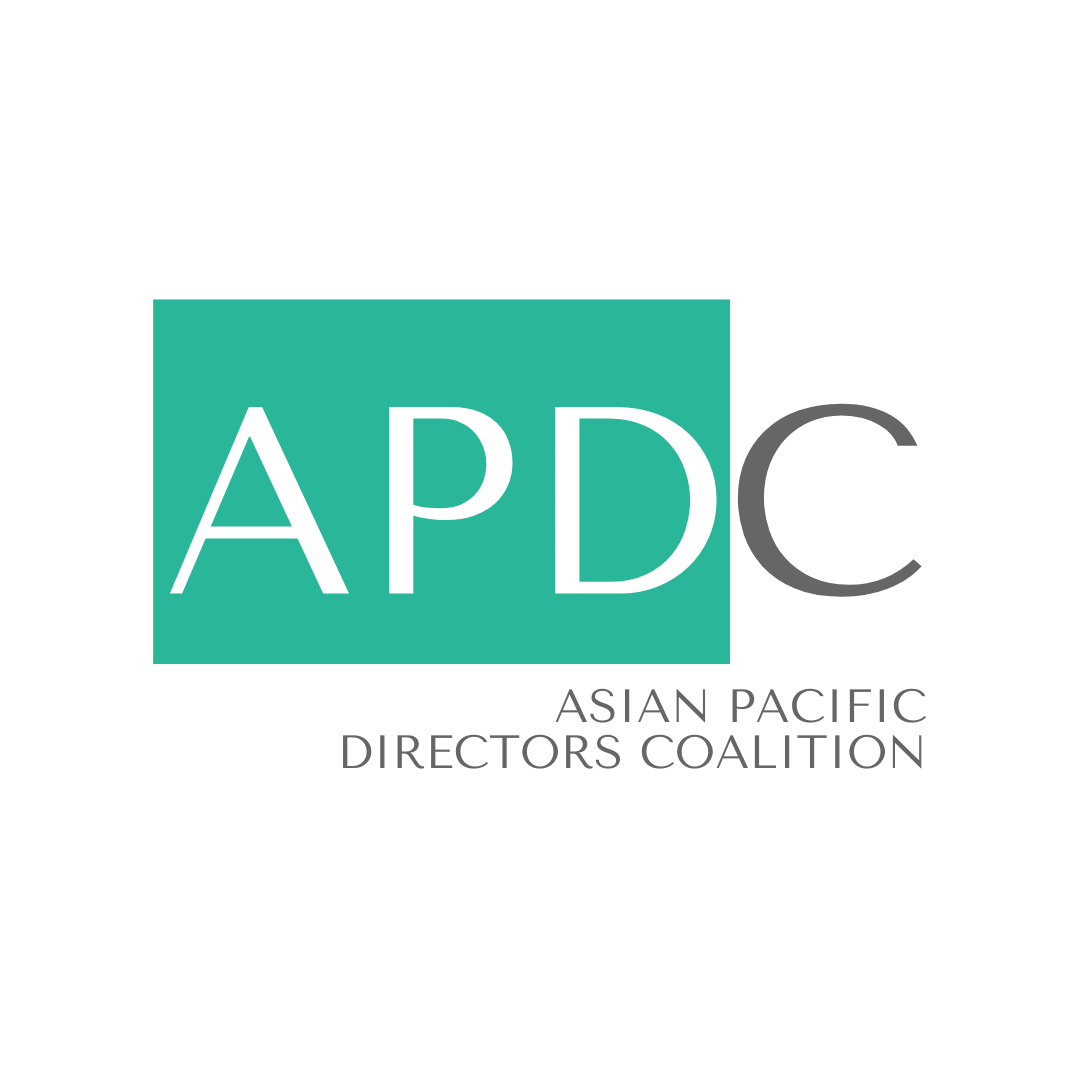The Alan Sugiyama Hum Bow Eating Contest is an iconic attraction of the API Heritage Month Celebration. Local celebrities participate in a head-to-head battle in a race to eat their baked hum bows. The contest alternates between individual and team competitions with occasional themes, such as the “Battle of TV Stations”.
The winner(s)’ name(s) is/are engraved on a perpetual plaque. They also receive an engraved memorabilia at a later date. All contestants receive an honorary participation certificate.
Want to find out who’s participating in this year’s contest? Stop by the Seattle Center Armory on Saturday, May 4, 2024 to find out! Come cheer on all the contestants!!
Past winners.
PAST WINNERS:
2014: Tomio Moriguchi, former Chairman & CEO, Uwajimaya
2015: Natasha Chen,
National Correspondent, CNN (former Reporter/Anchor, KIRO 7)2016: Siemny Kim,
Reporter/Anchor, KIRO TV2017: Ryan Yamamoto, Reporter/Anchor KOMO 4 & Morgan Chesky, National Correspondent, NBC News (former Reporter/Anchor, KOMO 4)
2018: Ming Luo & Michael Wang, Asians @ Amazon Employee Resource Group
2019: Toshiko Hasegawa, Executive Director, Commission on Asian Pacific American Affairs (CAPAA)2020: Luisa Laulile, Asian Pacific Islander Heritage Month Celebration Committee Member
2021: Yoshi Hosaka, EDI - Executive Development Institute
Battle of the Executive Directors
Battle of the Asian Employee Resource Groups
Battle of the Local TV Networks
Hum Bows, also known as BBQ pork buns (‘char siu bao’), are buns with filling (meat or vegetarian). They are typically steamed, but can also be baked. They originate from China, but have popular equivalents in other cultures.
Steamed
Baked
Alan Sugiyama.
A lifelong local community activist and champion of the people, Alan ‘Al’ Sugiyama passed away on January 2, 2017 after a long battle with cancer.
Sugiyama was the first chairperson of the Asian Pacific Directors Coalition (APDC) and the first Asian American elected to the Seattle School Board. He also founded the Center for Career Alternatives (CCA), a multi-ethnic job-training non-profit organization that provided education, employment, and career development services to more than 30,000 people in the King and Snohomish counties, and served as its Executive Director for over 30 years. Following CCA, he served as the Executive Director (2013-2015) and later, the Executive Director Emeritus (2015-2017) of the Executive Development Institute (EDI), a non-profit organization that offers culturally-tailored leadership programs for professionals.
Notably, Sugiyama led the planning committee behind the API Heritage Month Celebration and established the hum bow eating contest. For his work in the community, the contest was renamed in his honor as the “Alan Sugiyama Hum Bow Eating Contest”.
Thank you, Al.
“The Hum Bow contest came about because Al loved food. The contest was part of the API Heritage Month he founded, held annually at the Seattle Center on the first Sunday in May. The man was always thinking — how he could bring the community together and celebrate for the common good. Hence, the idea for API Heritage Month was born.
In 1982, Al was elected the first chairperson of the Asian Pacific Directors Coalition, a group of API executive directors and leaders who advocated for the API community. In 2002, he organized a subcommittee to promote API Heritage Month, according to Peter Tsai, who worked for Al for 25 years at CCA.
Al was inspired by Vancouver, B.C.’s API heritage celebration. “Can you believe their (BC) program for the API month was so thick, with pages and pages of events?” he remarked.
Al used his experience of putting on API heritage celebrations and events at colleges, universities, and high schools in the 1970s to create what it is today — part of the Seattle Center Festival series promoting cultural awareness and diversity. The festival has included local and national API performing groups, educational displays and workshops, art contests, hum bow eating contests, API authors’ showcase, and API film festivals.”
[Source: NW Asian Weekly]






